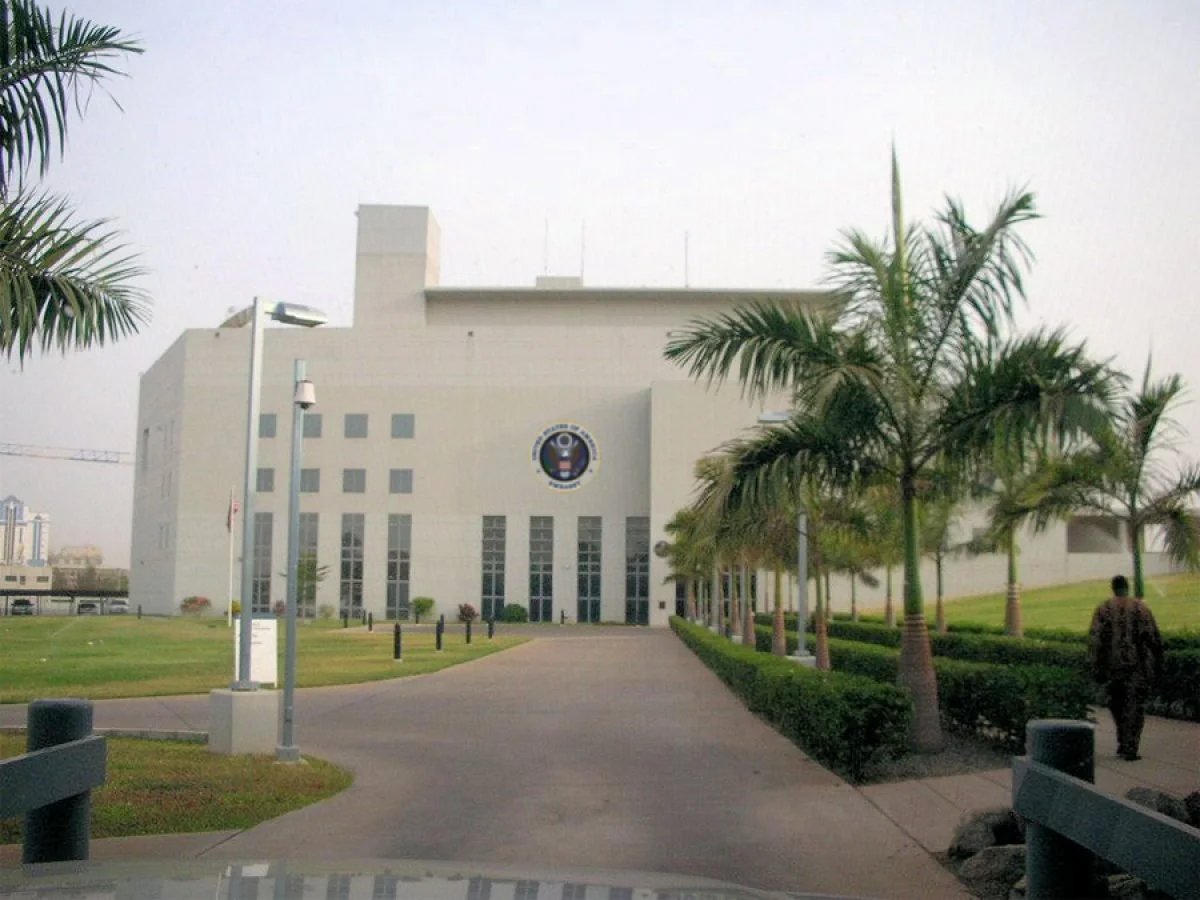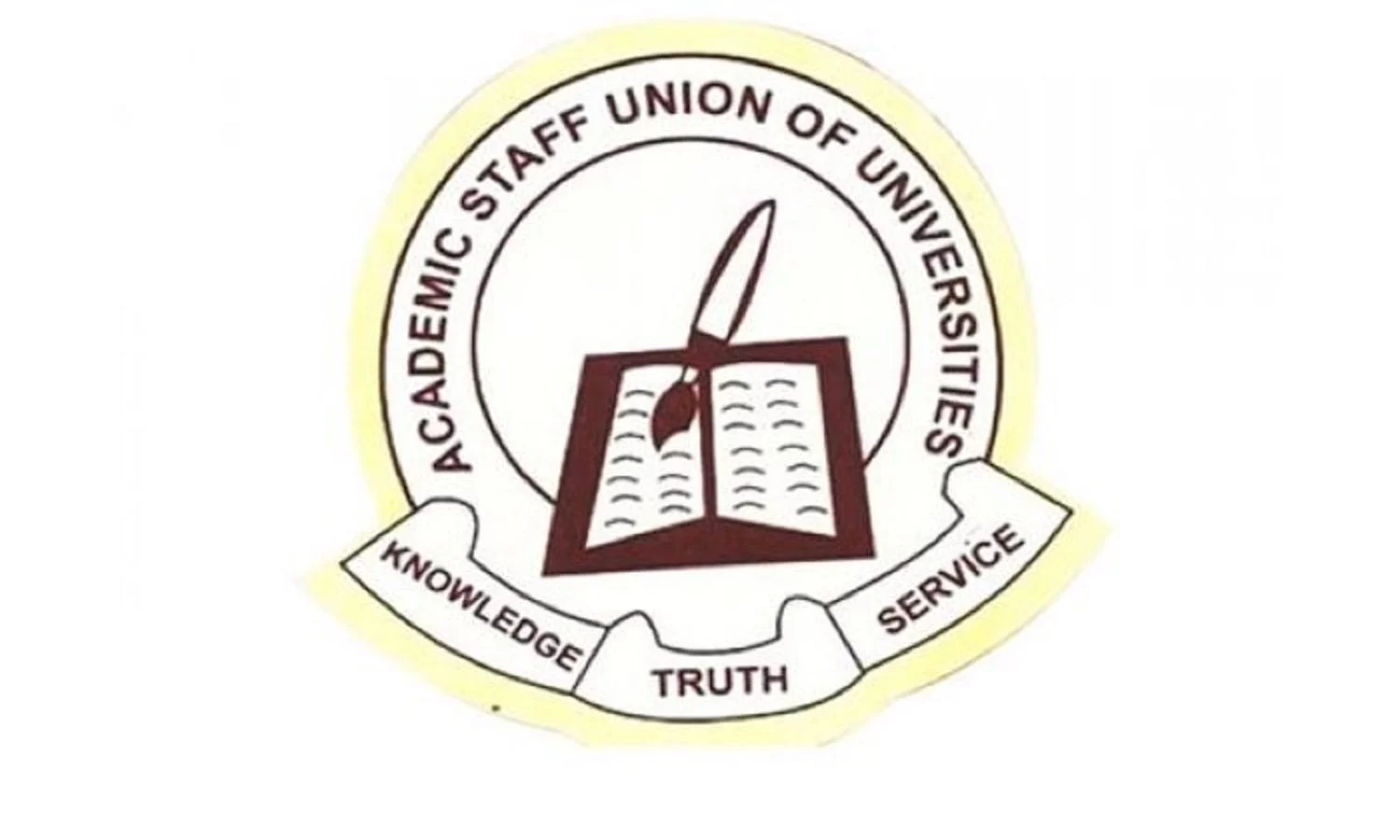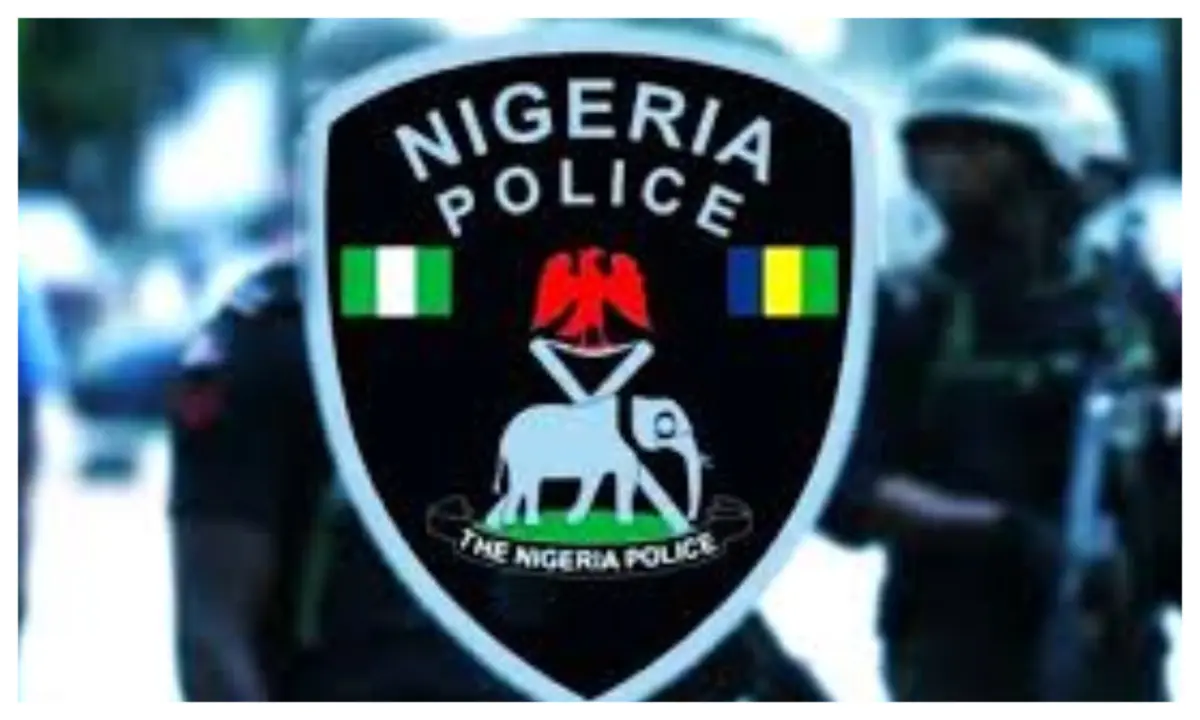Now Reading: No Hiding Online: US Embassy Orders Nigerian Students to Make Social Media Public or Forfeit Student Visa
-
01
No Hiding Online: US Embassy Orders Nigerian Students to Make Social Media Public or Forfeit Student Visa
No Hiding Online: US Embassy Orders Nigerian Students to Make Social Media Public or Forfeit Student Visa

Nigerian students seeking to study or participate in exchange programmes in the United States must now make their social media accounts publicly visible as part of a new mandatory visa requirement issued by the US Mission in Nigeria. This directive applies to all applicants for F (student), M (vocational), and J (exchange visitor) nonimmigrant visas, with immediate effect.
A post by the US Diplomatic Mission Nigeria on its official X handle on Monday, July 7, confirmed that all visa applicants in these categories must adjust their privacy settings across social media platforms to “public” before submitting their applications. The policy aims to deepen background checks and allow consular officers access to personal posts, photos, videos, and online interactions as part of enhanced identity verification.
This follows a broader update published by the US Department of State on June 18, 2025, indicating that the US government is ramping up vetting procedures for nonimmigrant visa applicants—especially those intending to study in the country. The statement reaffirms that visas are considered “privileges, not rights,” and that full transparency on social platforms is now a prerequisite for consideration.
Officials believe that the social media screening will help uncover affiliations, behaviors, or potential security concerns that may not surface during regular interviews. According to the US Department of Homeland Security, nearly 15,000 Nigerian students are currently enrolled in American institutions—a number that could decline if applicants find the new rules invasive.
The change has sparked immediate concern among Nigerian students and education consultants. Many have described the directive as intrusive, arguing that making personal lives public exposes students to online risks, privacy breaches, and possible misinterpretation of cultural content by US officials. Education agents say some students are already reconsidering their plans to apply to US schools.
Several stakeholders are calling for urgent diplomatic engagement between Nigeria’s Ministry of Foreign Affairs and the US government to review the requirement, especially given that some students use aliases or pseudonyms online to shield themselves from political or religious persecution back home. Critics warn that the blanket policy risks disqualifying genuinely qualified students over harmless posts taken out of context.
While the US insists the rule enhances national security, Nigerian applicants are now faced with a difficult choice: surrender digital privacy or lose access to one of the world’s most prestigious education systems. With the fall admission season approaching, many students may now be forced to sanitize or abandon social media entirely before their visa interviews.

